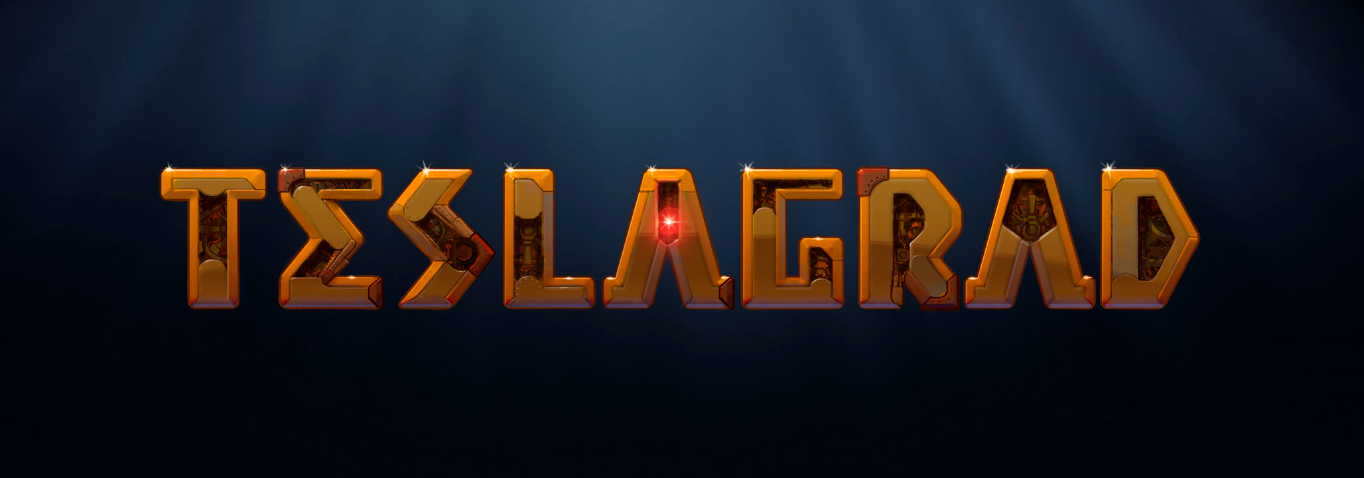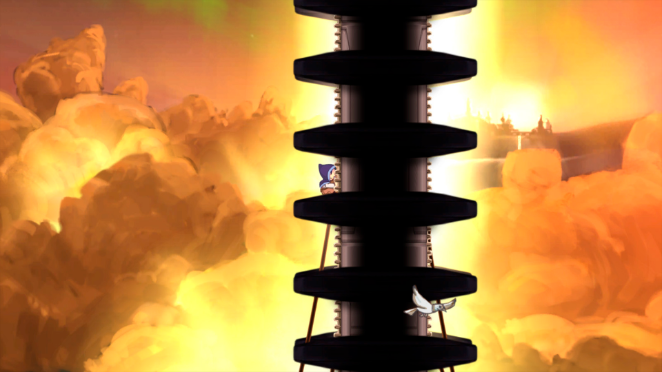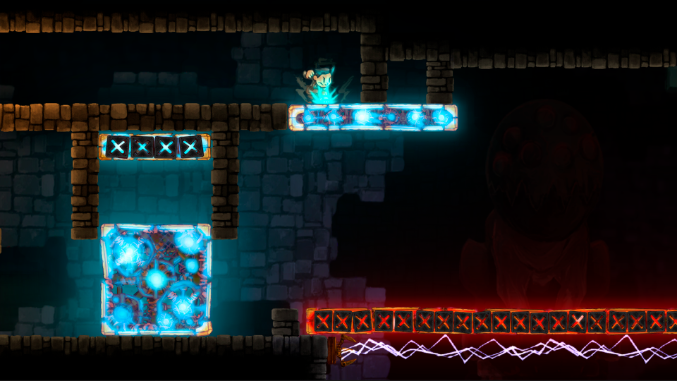In an industry dominated more and more by increased spending, independent developers are finding always less space to have their own game competing with others. The huge wave of independent games which are being pumped out constantly each year is also another deterring factor in the decline of indie games, an event which is not as bad as one may think it is, also after considering that the cream of the crop have a very high chance to be noticed.
It comes to no surprise that a game like Teslagrad has been one of the few to be noticed then. So much so that following its initial release back in 2013, the game has been re-released on the PS4 and now it has also made its way to the Xbox One. Such diversity within the spectrum of consoles is definitely a thing to keep in mind, since a wider audience and a bigger success can be obtained by spreading your game among a wide range of options. Teslagrad, as part of the name implies, is a game which has magnetism as its core mechanic.
You control a small boy, who we have no details or information about, only that he was trusted to a woman by a man, possibly a soldier, who was fleeing from enemies behind him. A while later the game begins by giving you control of the boy, and it is your job to control him to safety while avoiding the goons who are littering the place. Here we see the most basic mechanics Teslagrad has to offer, meaning generic platforming mechanics, which we have already seen a million times by now. After a short while of playing the game, you will find a tool which will help you change the polarity of blocks when punching them. Being a game focusing on magnetism, understanding this next bit is of vital importance to anyone seeking to finish the game. As magnetic charges work, like forces repeal each other, while different forces will attract each other. We all have heard of the saying opposites attract, but rarely has it been more on point than this. Except when talking about magnets, since then we are talking about the same point we are making in the game.
The platforming of the game feels very good, and clearing puzzles will yield quite a sense of satisfaction. These puzzles are very carefully thought out and placed throughout the world, and very much like vintage God of War titles, will place a trial in front of you, with the reward being the possibility to keep going forward with the game. Boss fights also feel that a good deal of work has been carried out towards this aspect, since players need to work their grey matter in order to defeat the most obstinate of enemies. For example the first boss fight, where you have to defeat a big furnace monster, tests your quick thinking as well as your reflexes. It’s a very welcome balance between brains and twitch reflex, one which is rarely carried out this well into a game.
Even though Teslagrad is a great game, it does have its shortcomings. First of all, exploring the map may result in you thinking that you got lost, only to discover that you have been going the correct way all along. This also happened when I thought I discovered a secret path, as following said path only unlocked further story progression instead of the treasures I would have liked to see. Story is also another point which I feel the game had to improve on. The little theatre style short stories are a cute way to brief the player about the ongoing events in the kingdom as well as the lore of the game, but since there is not a single word to be found in the game, most of the tale of Teslagrad will be lost among players who will only play to get trophies or simply to pass time.
Teslagrad is a very fine example of an indie platformer done right. It incorporates a very good mix of story and gameplay, and coupled with a very sweet graphic style, reminiscing of old GBA games played on an emulator. Its problems are luckily of a subjective nature, and thus cannot really overshadow the accomplishments of the game, which in fairness are quite a lot.














You must be logged in to post a comment.